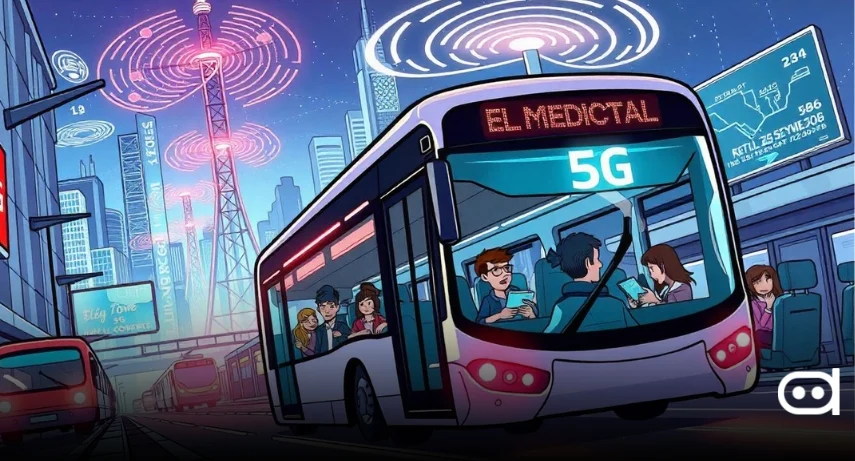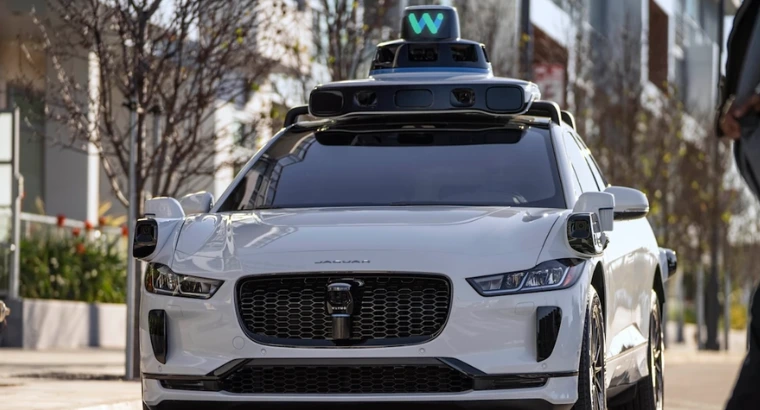
- The 5G Ride project is redefining the future of public transport by leveraging 5G technology to enable autonomous vehicles for safer, more sustainable urban mobility.
- Backed by Ericsson and leading partners, the initiative integrates cutting-edge connectivity with public transport systems to revolutionize commuting experiences.
- As cities grow smarter, the demand for efficient, environmentally friendly transportation is critical, and 5G Ride aims to deliver just that. With its latest trials in Sweden, the project is setting a global benchmark for intelligent and autonomous mobility solutions.
Unlike many designs, the 5G Ride project is not limited to just the creation of self-driving cars but rather involves a radical change to the social infrastructure specifically designed to support mass transit. This helps in the urban sustainability as it aims to solve some of the most daunting problems cities face today, including traffic, pollution, and the need for transport, where delay and cost are unacceptable.
Autonomous Mobility for a Greener Urban Future
Central to this, the 5G Ride aims at achieving the most advanced transformation that there is in the movements across cities. Transportation plays and will continue to play in the fight against climate change by reducing emissions, and in particular, through autonomous cars, it is possible to enhance the effectiveness of traffic by further bringing in infrastructural components to optimize the travel paths, minimize energy utilization and attain even lower operational costs.
The 5G Ride Project aims to solve the constraints of the previous public transport systems by deploying the 5G capabilities, real-time data, and control as they increasingly deploy autonomous buses in their systems. Increasing or reducing congestion upon attaining a certain crowd level is a day-to-day management problem that human managers face with ease compared to the technology right now. The impact of the technology is to achieve better traffic flows, make route changes less prone to delays, and ensure that the changes aim to improve roads and eliminate excessive waiting time hence very efficient transport for commuters.
Read More: World-first: Singtel and Ericsson launch 5G dynamic resource tech
Working with public and private stakeholders such as Stockholm Region, KTH Royal Institute of Technology, and others, is helping 5G Ride to develop an ecosystem in which autonomous transport will bloom. This project will not only influence Sweden but will also pioneer other cities wishing to implement such smart transport systems. In the long run, it promises a decrease in communicative costs for the transport authorities, while at the same time, social transportation will produce minimum environmental pollution due to electric self-driving vehicles.
In the new order of smarter and greener cities, 5G Ride is one of the biggest steps in achieving fully automated public transportation systems, shaping the new age of urban transportation.
Latest News :
Cloud-Based Cellar Management Boosts Wine Inventory Efficiencies for Selartag®
Can One AI Assistant Transform Workforce Analytics With Tailored Insights?
Can AI Inclusion Coach Empowers Recognition with Belonging at Achievers ?
















